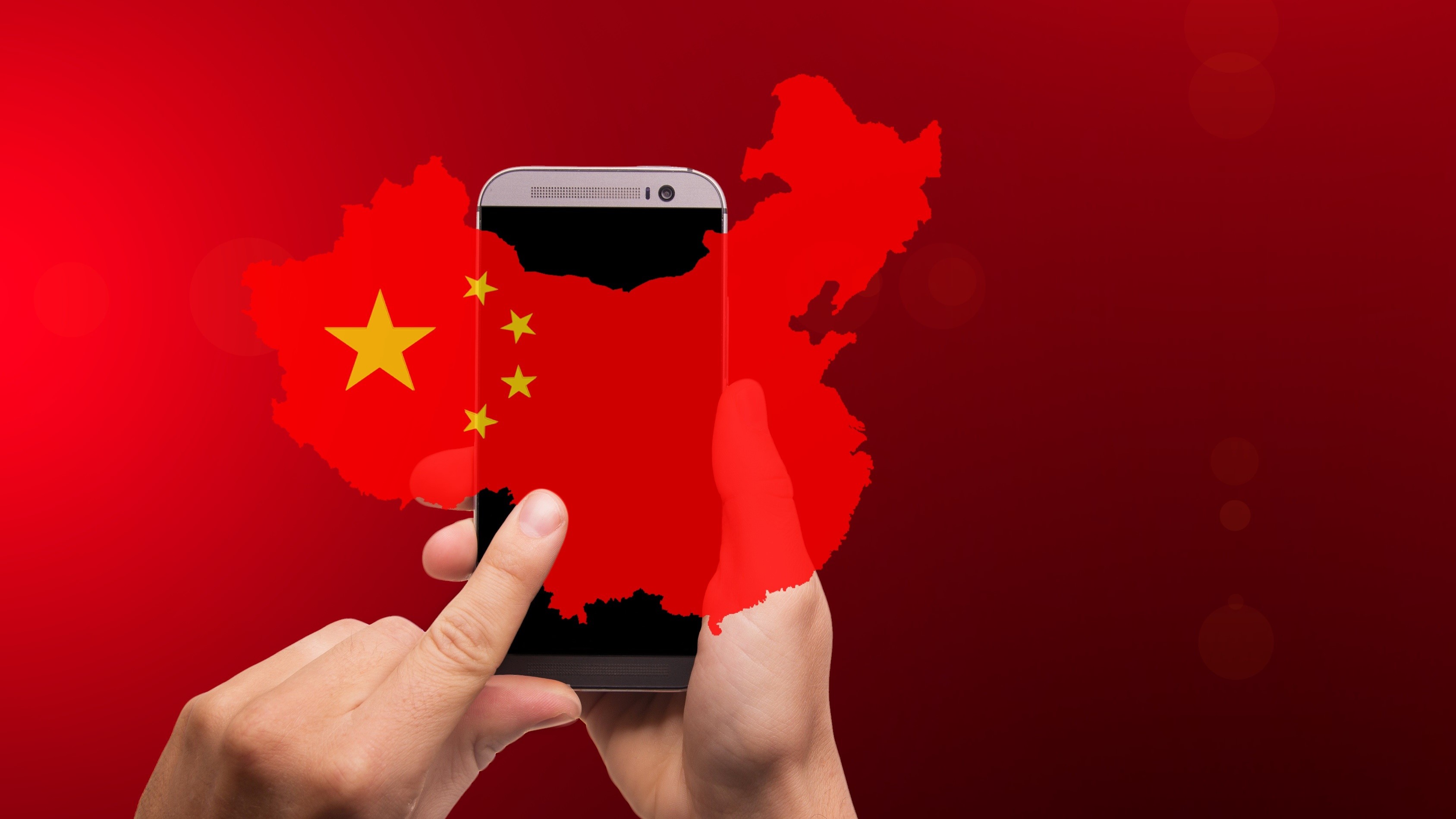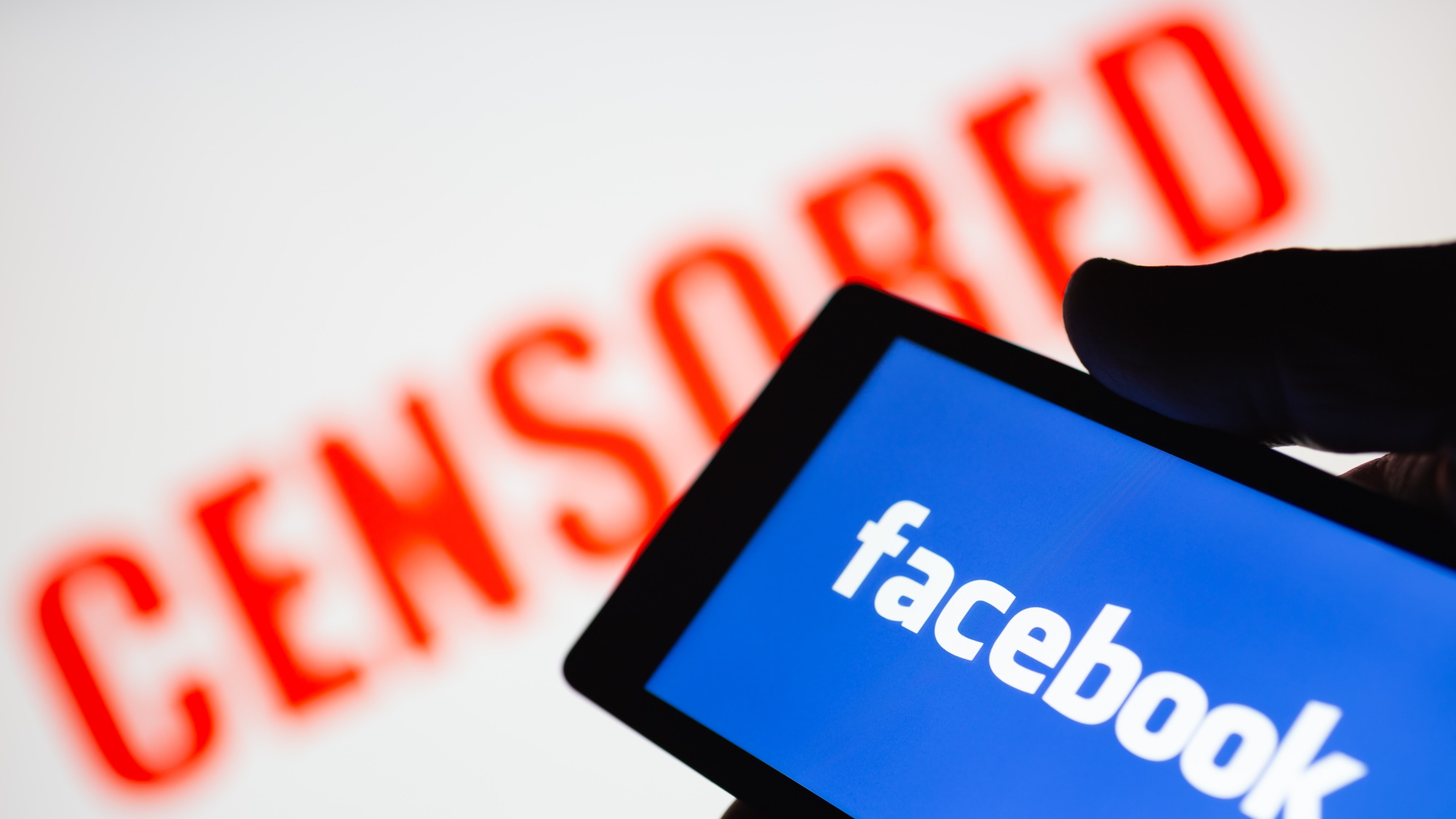China wants to censor all online comments and hold posters responsible for reactions
The Great Firewall censorship machine is getting tighter

Sign up for breaking news, reviews, opinion, top tech deals, and more.
You are now subscribed
Your newsletter sign-up was successful
Chinese authorities may force social media platforms to revise any user comments and censor those considered 'harmful' before being published.
On June 17, the country's internet watchdog, Cyberspace Administration of China (CAC), published a draft update to its 2017 legislation regulating the country's censorship machine. Platforms' content moderation teams will be required to filter and report any illegal content to authorities.
All types of comment will be targeted, from original posts and replies to real-time time comments on video streaming – so-called 'bullet chats.' What's more, for the first time the creator of a post will be considered responsible for other people commenting on it too.
The new directives have sparked concerns over yet more censorship in a country where the world's most stringent rules are already in place. The use of a security tools, like the best China VPN, are widespread among internet users who want to bypass these strict regulations.
Even though the new directives are yet to be implemented, the fear of a further curb on people's freedom of speech remains. Plus, as the South China Morning Post argues, draft regulations in the country are usually passed without major revisions.
The state of censorship in China
The Great Firewall of China is already infamous for what Freedom House described as "the world’s most restrictive media environments and its most sophisticated system of censorship, particularly online".
Access to all the Western social media platforms like Facebook, Twitter, Instagram, TikTok and YouTube have been blocked for quite a while now. So have other services such as Google, Wikipedia, Netflix and major foreign newspapers such as the BBC, the New York Times and Reuters.
On top of that, keyword-filtering algorithms are already in use to censor controversial political content on Chinese platforms like WeChat and Weibo. This is why internet users need to get creative and find innovative ways to spread their messages.
However, this doesn't always go as planned. The last instance came earlier this month when a famous Chinese influencer got his internet connection abruptly cut off while on-air. As Insider reported, Li Jiaqi was promoting a military tank-shaped ice-cream to commemorate the 1989 Tiananmen Massacre.

How a VPN can help
A VPN is a security tool that aims to protect users' data, their privacy and anonymity. Short for virtual private network, they also allow you to bypass strong internet restrictions.
How? Every time you connect to the software, you will need to choose one of the servers available - all the best VPN services offer a wide range of fast and secure locations across the world. Your real IP address is hidden so that your ISP is tricked into thinking that you are located in another country, depending on where your chosen server is based.
Chinese authorities have strictly regulated VPN usage while working hard to find new and effective tactics for VPN block. This is why you should choose your security service carefully. VPN services implementing obfuscation technology, for example, are less vulnerable to such attacks. Check out our update guide to the best working VPNs for China before take your pick.

Sign up to the TechRadar Pro newsletter to get all the top news, opinion, features and guidance your business needs to succeed!

Chiara is a multimedia journalist committed to covering stories to help promote the rights and denounce the abuses of the digital side of life – wherever cybersecurity, markets, and politics tangle up. She believes an open, uncensored, and private internet is a basic human need and wants to use her knowledge of VPNs to help readers take back control. She writes news, interviews, and analysis on data privacy, online censorship, digital rights, tech policies, and security software, with a special focus on VPNs, for TechRadar and TechRadar Pro. Got a story, tip-off, or something tech-interesting to say? Reach out to chiara.castro@futurenet.com